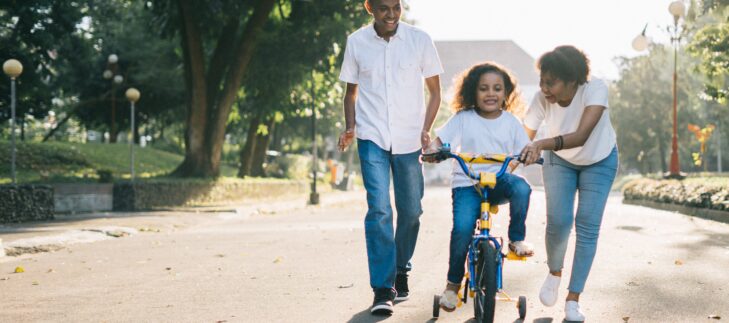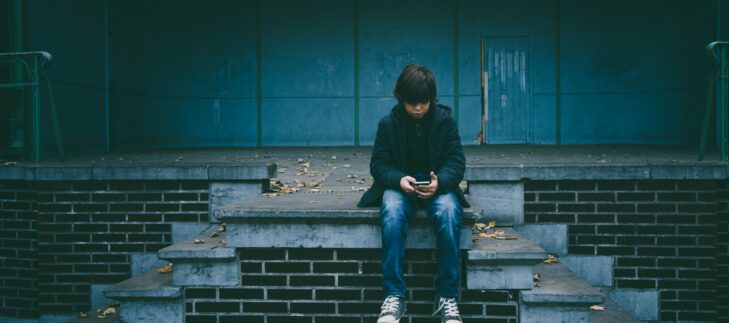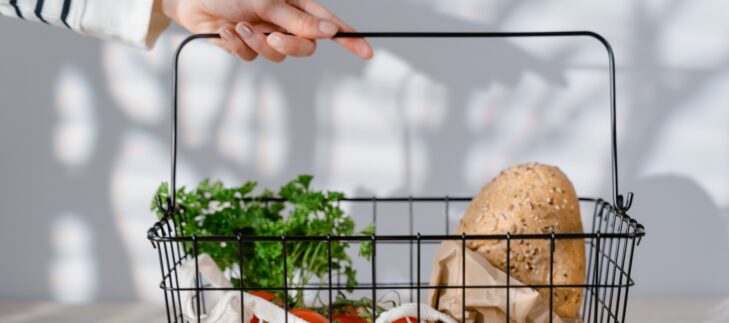
Congress Must Save the Child Tax Credit: What You Need to Know and Why You Should Care
Congress faces a crossroads: uphold family-supportive legislation through extending the Child Tax Credit, or discontinue it, passing the Tax Cuts for Working Families Act as is.




